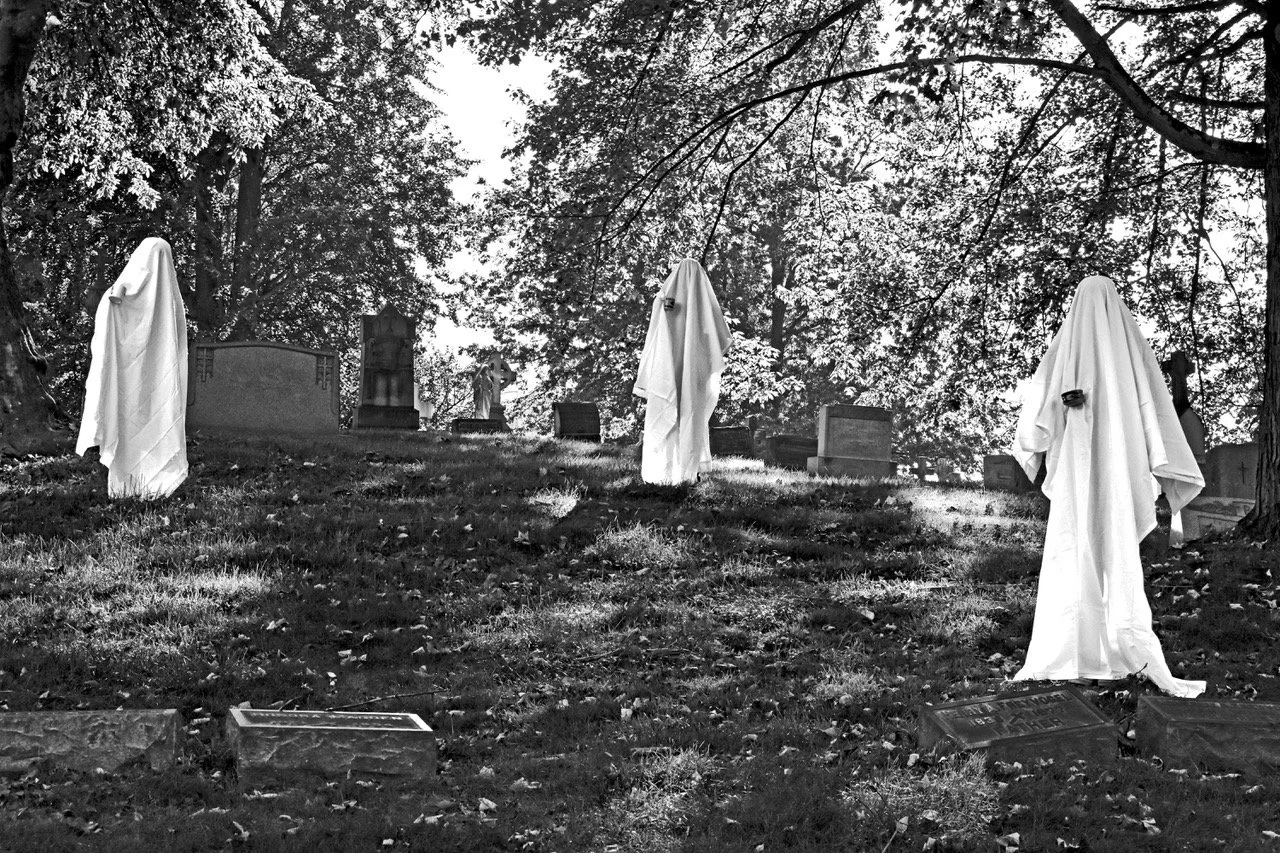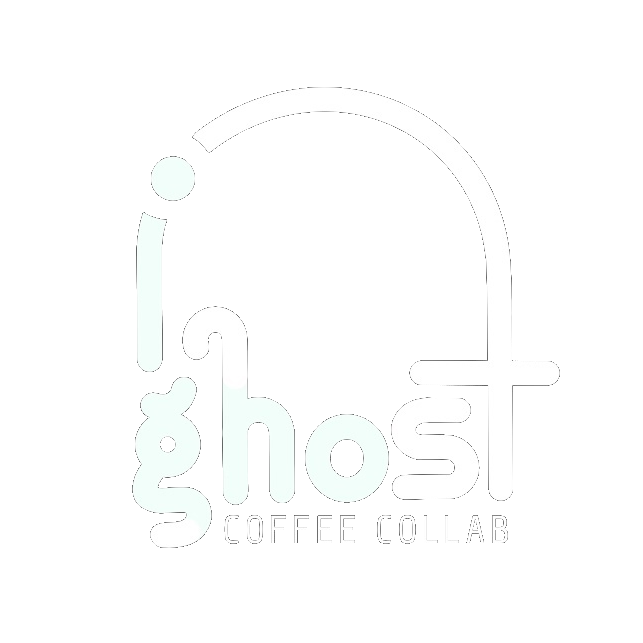
NATURAL SIDRA and ANAEROBIC SUDAN RUME, FELIPE ARCILA QUINDIO, COLOMBIA
This is the sidra that Joe used to compete in the 2023 U.S. National Brewers Cup competition. Post competition we sealed the left over green coffee in vacuum bags and stored them in our roastery freezer. The Sudan Rume was featured a special drop release in March 2024 to help us celebrate the competition season. Both coffees were grown by producer Felipe Arcila at Jardines Del Eden. The sidra features what the producers call EF2 processing, short for ‘extended fermentation, 2 day’. The cherries were aerobically fermented for 24 hours, followed by anaerobic fermentation for another 24 hours. The sudan rume received a 50 hour anaerobic fermentation with the cherries sealed in grain pro bags. These coffees were imported by Cofinet, the business founded by the Arcila family to export and share their coffees with the world. The Arcila’s and Cofinet have been with us since the very beginning of Ghost and we’re honored to serve their coffee in competitions and on our menu.
NATURAL CENTROAMERICANO (H1), MELENDEZ FAMILY, ACATENANGO, GUATEMALA
Paulo Melendez used this coffee to compete at the Guatemala National Barista Championship in 2024 and placed 3rd. The beans were grown by his father, Julio Melendez. Centroamericano, or H1, is a hybrid variety of the rust/disease resistant sarchimor and Ethiopian landrace sudan rume. It’s a coffee that we know well. It was the first coffee that we ever tasted from El Zapote and the washed version is a perennial favorite on our drop schedule. This lot was processed naturally and left to dry on raised beds in a shady corner of El Zapote. The high elevation and cool temperatures of Acatenango combine with shaded raised beds to slow the fermentation of the natural coffee produced by El Zapote. This intensifies the terroir flavors while minimizing the fermentation character. The coffee is syrupy sweet and remarkably clean.
NATURAL OMBLIGON, NESTOR LASSO, HUILA, COLOMBA
Ombligon is a newly discovered variety on the scene in Colombia. Rumor has it that the variety mutated from an Ethiopian landrace variety. In the hands of Nestor Lasso, and the team at farm El Diviso, it’s truly a coffee that you will never forget. The Lasso family and El Diviso are perennial players on the competition scene. Their coffees have won national competitions, and frequent the world finalists stage year after year. This coffee is immediately different in the dry fragrance. The taste in the cup is unlike any other, featuring a bouquet of fruit flavors. The only comparison for the combination of acidity and sweetness in this brew is candy. There is nothing else. This coffee tastes like candy. Crazy.
WASHED GEISHA LOT 115 and NATURAL GEISHA LOT 268, JANSON COFFEE, PANAMA
Janson Coffee is a world renowned producer in the Chiriqui highlands of Panama. Their coffee is frequently featured in world competitions and regularly places in the Best of Panama competition. In fact, the 2023 World Barista Champion served a Janson coffee in their winning routine. Their farms are micromanaged into lots for traceability and quality control which are separated by natural forest barriers. The forest helps with pest control and allows native wildlife to thrive. They also operate a daycare on their farm for their employees and utilize 400 hundred solar panels to power their operation. It’s this combination of quality and values that makes Janson special. These two lots are from the 2022 harvest season and have been in our freezer storage since 2023. Lot 115 is a classic example of washed Panamanian geisha and features sweet white flowers and elegant acidity. Lot 268 steers more into jammy red fruits with a juicy body. Both are immensely good times.
NATURAL GESHA 1931, GESHA VILLAGE, WEST OMO, ETHIOPIA
The Gesha Village Coffee Estate is famous for producing world class Gesha coffee in Ethiopia. The estate is located next door to Gori Gesha forest, birthplace of the gesha variety. Using the forest as a resource and guide, Gesha Village has made a name for themselves producing some of the finest Ethiopian coffee available. Many of their top lots are sold only through auction. Though not an auction coffee, this lot is terrific nonetheless. The coffee is fermented for 85 hours in subterranean tanks, and sun dried for 38 days. How coffee maintains it’s clarity is a mystery to us, but we’re not complaining.
